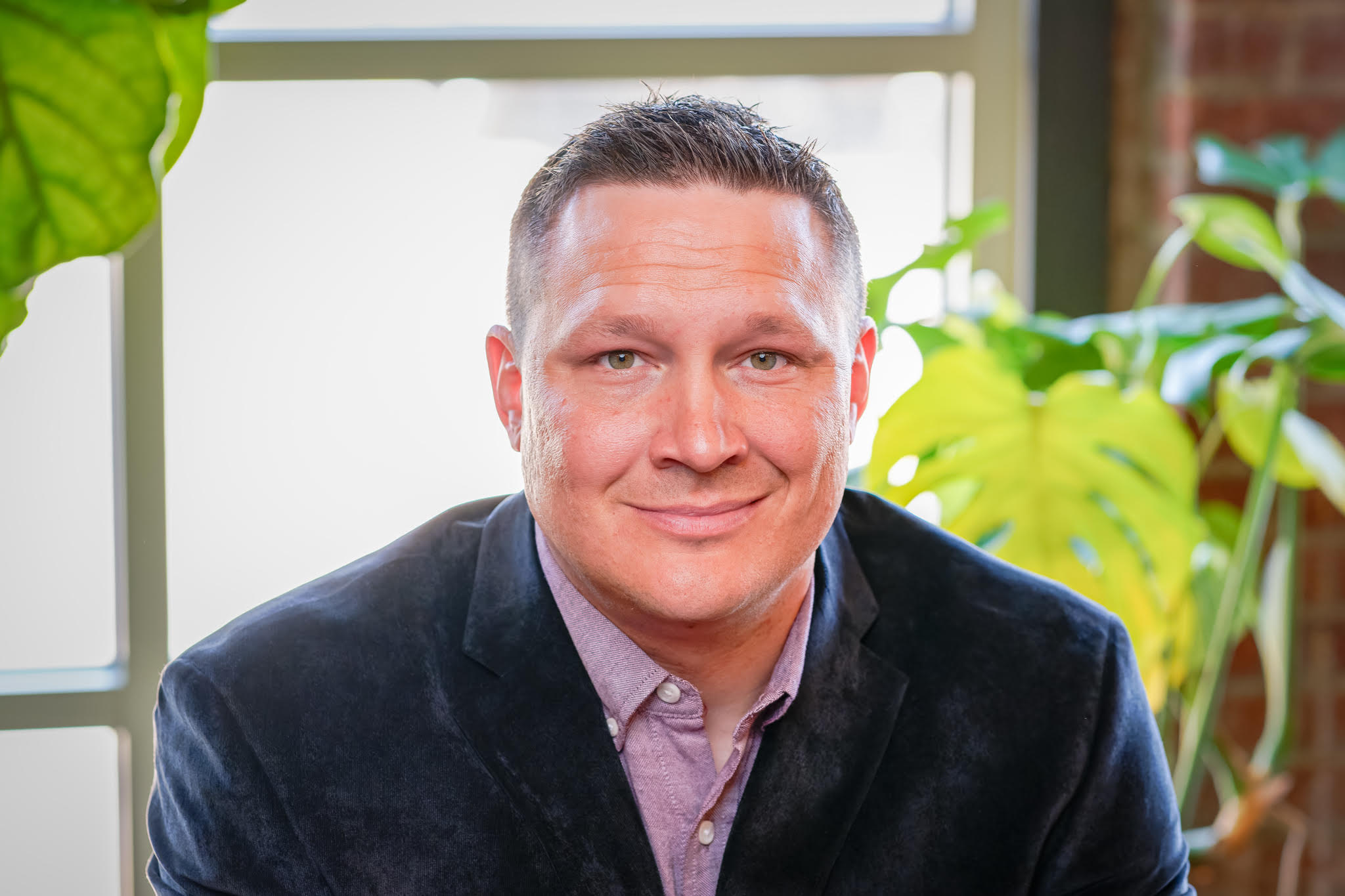Rocky Welker is the executive director of Habitat for Humanity of Greater Sioux Falls. He chatted with Sioux Falls Simplified about the need for affordable housing, the work Habitat does to help and what the broader community could do to make a difference.
Answers are edited for length and clarity.
How did you 'get smart' about housing needs? What in your background prepared you for your role today?
I received my master's degree from the University of South Dakota in public administration, and I've held leadership roles in the nonprofit sector for more than a decade – specifically with Habitat for Humanity for the last five years.
We're all about simplicity here. Can you describe the work of Habitat for Humanity in 10 words or fewer?
We provide life-changing opportunities for new or current homeowners.
Can we start with some perspective/context? How many people does Habitat for Humanity help each year, and how does that compare to the existing need in Sioux Falls?
We build homes, but we also provide affordable home repairs for low-income residents, so it's not just new construction.
- Last year, in 2022, we served more than 100 families in the greater Sioux Falls.
(For the home ownership program) we typically see between 60 to 80 applicants each year, and we choose between seven and 10 families to partner with.
- We will dedicate 10 homes this fiscal year, and we serve families who earn 40% to 70% of the area median income.
In terms of addressing the need for affordable housing, we're barely scratching the surface.
- Homes on the market for less than $300,000 are almost non-existent.
What do you think is most misunderstood about the housing crisis Sioux Falls is facing right now? And if you could educate people on the issue, what would you say?
I think that most people envision the housing crisis as only affecting low-income residents, and that's not the case.
- The housing crisis is really affecting the middle class just as much as lower income residents.
- The middle class are the ones that can qualify for a traditional mortgage, but then may end up paying for a home that's maxing out their expenses on a monthly basis. With the increased home values, it's impacting everyone across the board.
I think the second-biggest misconception is that building apartments is going to solve the problem.
- While apartments serve a very vital piece of housing in our community, but if we want people to really buy in to Sioux Falls and have a stake in something, homeownership is the number one pathway for that.
If you could snap your fingers and do one thing to help people locally with housing, what would that be?
If I could do one thing to positively impact housing in Sioux Falls, I would find a partner that was willing to bring the nonprofits, for-profit builders, and government organizations to the table and provide a land acquisition option that would help provide mixed-income and mixed-use development.
- The biggest hurdle we have is land, and until some of those investors or large land owners are willing to come to the table and discuss options with a bunch of different partners, there's not going to be a huge shift in what's happening.
How can people support the work you're doing at Habitat for Humanity?
There are a couple different ways:
- Come volunteer – we build year-round Tuesday through Saturday. We have 10 new homes under construction right now. More info on that here.
- You can also shop in our ReStore.
- You can also encourage friends, family or maybe even look yourself at applying for one of our programs. Our home ownership program applications open up in October. More info on that here.
- And, if you have that magic solution for a large piece of land, that's the golden ticket.
Anything else you want the good people of Sioux Falls to know about Habitat, yourself or the local need for housing?
If you have concerns about housing, I would just encourage everyone to talk to your local government, local businesses, and get their input and feedback on things.
Until all of us can collectively make the decision that, yes, we're going to work together, we're not going to have a solution.


